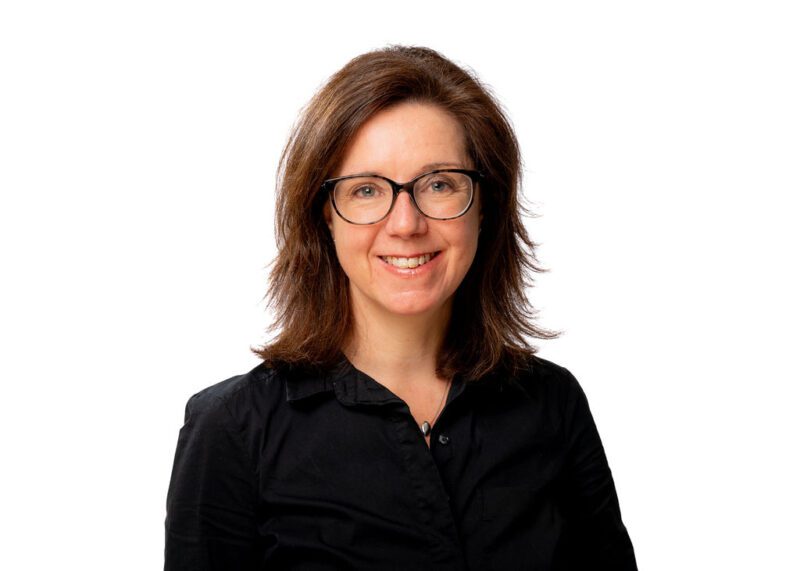-
Dr Sonia IlieUniversity of Cambridge
-
Professor Pamela BurnardUniversity of Cambridge
Project overview
This project will explore young people’s creative choices and chances at critical transition points into and beyond further and higher education into the creative sector.
Why this project is important
The creative industries are a substantial contributor to the UK economy and a growing professional destination for young people. However, accessing employment is not straightforward because pathways into creative careers tend to be non-linear and the skills required in the labour market may not always be supplied through formal education.
Graduates in creative subjects commonly earn no more than their non-degree-holding peers. While creative careers are considered to offer significant non-monetary benefits, there are gender and geographical imbalances, and employment can be precarious and less accessible to more disadvantaged young people.
What it will involve
The research team will map the pathways from compulsory education into creative subjects studied at Further Education, Higher Education, and into employment. The four research questions guiding the project are:
- What are the educational pathways into creative subject study in Further and Higher Education?
- How do subject, qualification type, and institution choices in school, Further Education and Higher Education interact with socio-economic and demographic backgrounds to influence young people’s transitions through education and into employment?
- What are young people’s experiences/perceptions of their choices and chances in relation creative subjects, qualifications, and employment at these critical transition moments?
- In what ways do higher and further education institutions facilitate or hinder these transitions? What are the institutional practices they deploy in doing so; and how do these vary by institutional nature and targeted creative industries sub-sectors?
The quantitative component of the project will involve analysis of the Next Steps longitudinal dataset and the National Pupil Database to describe the pathways into creative occupations. Qualitative case studies in London, Norwich, and Manchester will explore young people’s and providers’ experiences of study and careers in creative sectors.
How it will make a difference
The research will improve our understanding of:
- creative graduates’ perceived chances and institutional/occupational choices;
- the complexity of creative career transitions from FE and HE;
- and institutional conditions, processes, and systems that interact with individual’s choices in relation to creative subjects and later creative employment.
Findings will enable Further and Higher Education practitioners to better understand young people’s choices and their constraints and implications. Policy makers will receive evidence on the value of creative subjects beyond economic returns.








































